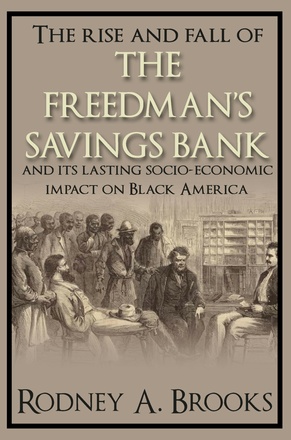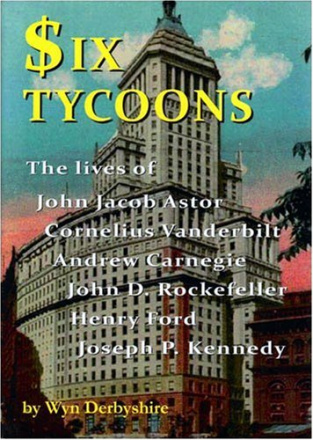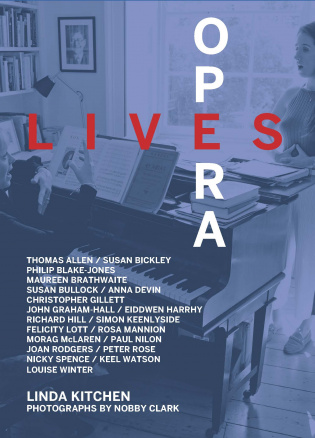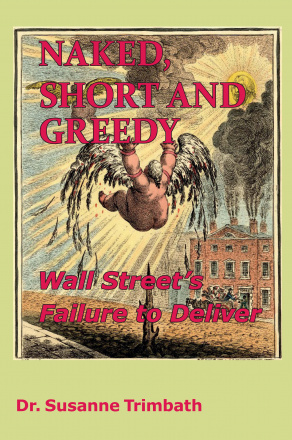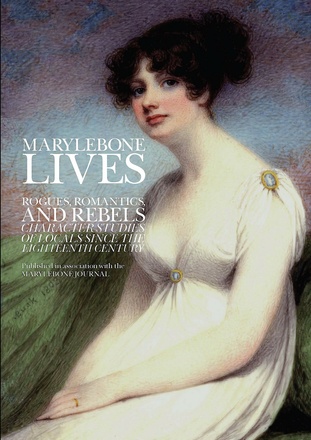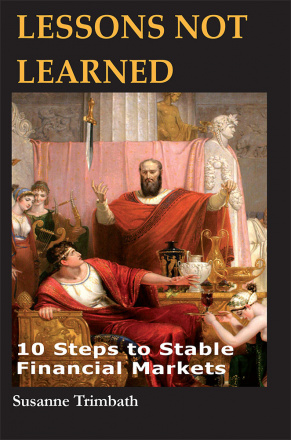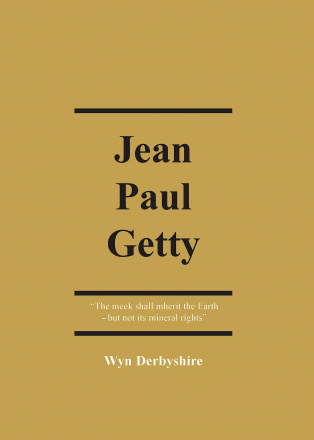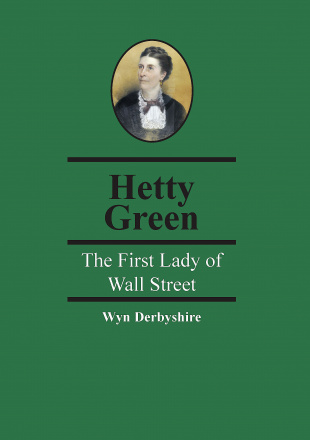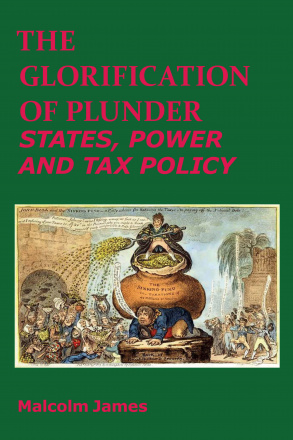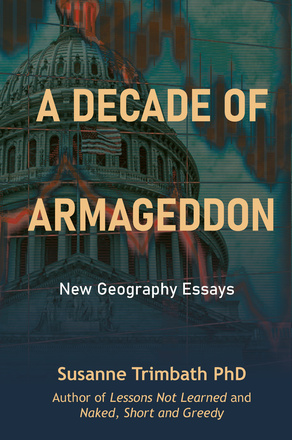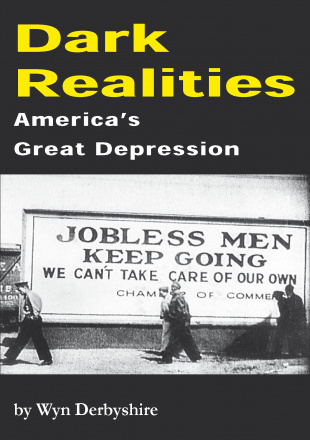History & Biography
The Rise and Fall of the Freedman's Savings Bank
And its lasting socio-economic impact on Black America
The author tells the history of the Freedman’s Savings Bank, how it grew much too quickly, why it failed and the impact on Black America. The Freedman’s Bank offered a safe depository for formerly enslaved people, expanded quickly and gained millions in deposits – mostly ranging from $5 to $50. But inexperience and corruption doomed it to failure, costing may of the small depositors their savings.
- AvailablePaperbackGBP 19.95 Add to basket
- AvailablePDF
GBP 19.95GBP 9.97 Add to basket
Six Tycoons
the lives of John Jacob Astor, Cornelius Vanderbilt, Andrew Carnegie, John D. Rockefeller, Henry Ford and Joseph P. Kennedy
John D Rockefeller. Cornelius Vanderbilt. Andrew Carnegie. John Jacob Astor. Henry Ford. Joseph P Kennedy.Even today, long after their deaths, the names of these six men continue to be associated with wealth and power.When they were alive, they dominated their worlds as fewmen had done before, and few have done since.
- AvailablePaperbackGBP 10.99 Add to basket
- AvailableHardbackGBP 18.95 Add to basket
- AvailablePDFGBP 9.95 Add to basket
Opera Lives
WHAT MAKES AN OPERA SINGER?
And where in the making of a performance is the identity of the singer themselves?
Linda Kitchen goes behind the scenes with prominent voices who have valuable insight about the world of opera, discussing what it means to be a performer, how they got into the profession and how who they are affects how they perform.
Illustrated with photos of the artists in places that lend meaning to their lives by renowned photographer Nobby Clark.
Visit our Facebook page for more photos and information:
https://www.facebook.com/operalivesbook/
- AvailablePaperbackGBP 24.95 Add to basket
- AvailableHardbackGBP 45.00 Add to basket
- AvailablePDF
GBP 24.95GBP 12.47 Add to basket
Naked, Short and Greedy
Wall Street's Failure to Deliver
Rigged financial markets and hopeless under-regulation on Wall Street are not new problems. In this book, Susanne Trimbath gives a sobering account of naked short selling, the failure to settle, and her efforts over decades, trying to get this fixed. Twenty-five years ago, Trimbath was working “backstage at Wall Street” when a group of corporate trust specialists told her about a problem in shareholder voting rights. When she went to senior management at Depository Trust Company (DTC), then and still the largest securities depository in the world, they brushed it off saying, “You can’t balance the world.” Ten years later, a lawyer from Texas would tell her that the same problem was about to blow up the financial markets: Wall Street brokers are using short sales and fails to deliver to grab the assets of American entrepreneurs. This is a cautionary tale. What started as a regulatory failure turned into a regulatory crisis. Shareholder democracy is in shambles. The institutions that were established to correct a problem of trade settlement failures have instead exacerbated the problem. Global financial markets may not survive what comes next.
To buy or listen to a sample of the audiobook via Audible, click here.
- AvailablePaperbackGBP 29.95 Add to basket
- AvailablePDF
GBP 29.95GBP 14.97 Add to basket
Marylebone Lives
Rogues, romantics and rebels - character studies of locals since the eighteenth century
Marylebone has been home to its fair share of rogues, villains and eccentrics, and their stories are told here. Over the past 10 years the Marylebone Journal has printed historical essays on the people, places, and events that have helped shape the character of the area. The essays have been grouped into themes of: history, politicians and warriors, culture and sport , love and marriage, criminals, science and medicine, buildings and places, and the mad bad and dangerous to know ‒ those whose stories don't fit a convenient box but are too good not to tell.
- AvailablePaperbackGBP 14.99 Add to basket
- AvailablePDFGBP 9.99 Add to basket
Lessons Not Learned
10 Steps to Stable Financial Markets
Much has been written and spoken about the lessons learned from the financial crisis of 2009. In this book, we list the lessons not learned before the financial crisis. The purpose of this book is to demonstrate that the theoretical and intellectual frameworks for regulating financial systems that had been available since at least 2001 could have prevented the systemic failure in the United States that led to the collapse of global credit markets in 2008.
- AvailablePaperbackGBP 24.95 Add to basket
- AvailableHardbackGBP 45.00 Add to basket
- AvailablePDFGBP 9.95 Add to basket
Jean Paul Getty
The meek shall inherit the Earth – but not its mineral rights
Jean Paul Getty (1892-1976) - a powerful, oil tycoon who was at one point the richest man in the world, with a private life described as ‘bizarre beyond belief’, but what drove him and shaped the man he was?
The author looks at the difficulties Getty had in interacting with others on a personal level, and why many have portrayed Getty as living a solitary, even lonely life, despite being surrounded by guards, staff, visiting business colleagues and female companions. Instead he suggests that Getty's fortune was to serve as the central foundation of his life. His need to create, defend and expand that fortune – all of which he successfully did – is key to understanding his life.
- AvailablePaperbackGBP 11.95 Add to basket
- AvailablePDF
GBP 11.95GBP 5.97 Add to basket
Hetty Green
The First Lady of Wall Street
Hetty Howland Green (1834-1916), born Hetty Howland Robinson, and known in her later years as “The Witch of Wall Street”, was born in the whaling town of New Bedford, Massachusetts to Quaker parents. This biography charts Hetty Green’s extraordinary ascent up the pyramid of wealth to a point where, in the earliest years of the twentieth century, she was being identified as the richest woman in America.
The first in a series of brief biographies of significant tycoons, this is an insight into the life and methods of one of the earliest and most influential business women in the US. It examines the source of her wealth, and her method of building upon that. It also profiles those who helped or thwarted her along the way.
130 pages. Includes a family tree, further reading, timeline and index.
- AvailablePaperbackGBP 11.95 Add to basket
- AvailablePDF
GBP 11.95GBP 5.97 Add to basket
The Glorification of Plunder
State, Power and Tax Policy
This book is about two things: tax and power.
This book explores the complex dynamics of the debates which inform tax policy, the interaction between tax and power and how power relations between various groups in society and between individuals and the state are manifested through tax system. This helps to explain why the rules, procedures and practices are all formulated to suit their interests of the most powerful groups in society.
- AvailablePaperbackGBP 19.95 Add to basket
- AvailablePDFGBP 9.99 Add to basket
A Decade of Armageddon
New Geography essays
This as-it-happened review of the causes, consequences, and repercussions of the 2008 Global Financial Crisis is more than a history lesson – it’s a look into the future.
These essays by Dr Susanne Trimbath, were first published between 2008 and 2015 on newgeography.com.
- AvailablePaperbackGBP 19.95 Add to basket
- AvailableHardbackGBP 39.95 Add to basket
- AvailablePDF
GBP 19.95GBP 9.97 Add to basket
Dark Realities
America's Great Depression
This book covers the turbulent period of 1921 to 1942 in America's history, which went from the Roaring Twenties to the Great Depression and recovery via the New Deal. It introduces us to the key figures and reveals the impact which the Great Depression had on the American people.
Will be of value to GCSE, AS and A level history students looking for an accessible account of the Great Depression.
- AvailablePaperbackGBP 9.95 Add to basket
- AvailableHardbackGBP 17.95 Add to basket
- AvailablePDF
GBP 9.95GBP 4.97 Add to basket
Bess of Hardwick: An Elizabethan Tycoon
The life of Bess of Hardwick - one of the most remarkable people who lived in England in the late Tudor period. Her social ascendance from a relatively humble Midlands family to becoming the Countess of Shrewsbury.
Wyn Derbyshire describes how Bess navigated the political and legal challenges for her to retain her wealth and independence in the Tudor period.
Illustrated with colour pictures, the book also includes a timeline and family trees.
- AvailablePaperbackGBP 15.95 Add to basket
- AvailablePDF
GBP 15.95GBP 7.97 Add to basket

